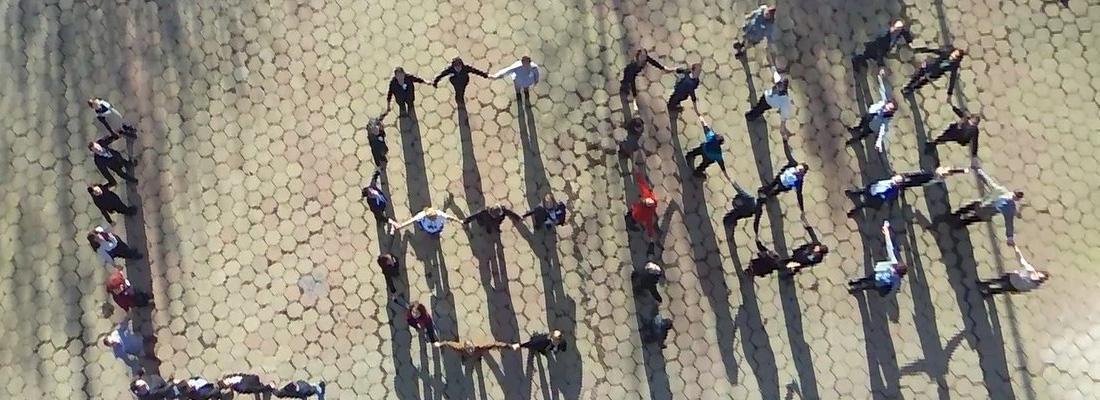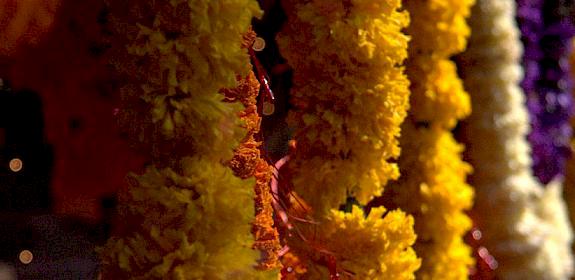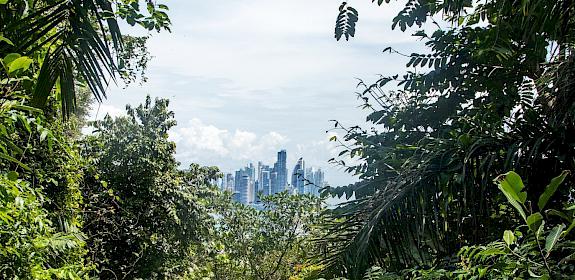How investments in nature conservation could benefit local communities in Europe’s Danube region
Sofia, Bulgaria 2nd March 2017—Innovative solutions to support livelihoods and business opportunities for communities with a low economic status were the focus of an international conference on “Local Economy and Nature Conservation in the Danube Region” (LENA) held last month in Sofia.
More than 50 participants representing 17 organizations from nine countries laid the foundations for co-operation aimed at connecting people with nature to enhance their well-being and prosperity during the meeting organized by WWF Bulgaria.
Following the meeting, pilot business initiatives will be implemented in 11 Natura 2000 zones in the Danube region. Other forthcoming activities will address the development of tourism, sustainable transport and the creation of opportunities for sustainable income generation and natural resource management with a focus on agriculture, fishing and wild plant harvesting.
TRAFFIC and WWF Hungary are partnering to provide support and expertise on sustainable harvesting of wild plants, using the FairWild Standard guidelines as a best practice approach. They will build on experiences gained through an earlier EU-funded project, Traditional and Wild, that was implemented in Central Europe from 2011–2014, to address sustainable resource management of wild-collected plants across four Danube countries (Bulgaria, Hungary, Serbia and Slovenia) involved in the LENA project.
“Despite the challenges of ensuring there is sustainable harvesting and equitable trade in wild plants, these resources have a strong potential for creating new and additional income generating opportunities for local people around protected areas in the Danube region,” said Anastasiya Timoshyna, TRAFFIC’s Medicinal Plants Programme Leader.
“Implementation of FairWild best practices will generate confidence about the sustainable use of resources in protected areas and create market incentives for wild-harvesters and businesses, as well as preserving wild-harvesting traditions.”
Speaking about the value of nature, Sylvia Barova, Directorate-General for the Environment of the European Commission, said: “We all know that nature is certainly beautiful in many ways, but it is not only about aesthetics; it is also about the services that we receive from nature—such as carbon dioxide storage and pollination.”
Barova also spoke about Natura 2000, the world’s largest co-ordinated network of protected areas that stretches over 18% of the EU’s land area and almost 6 % of its marine territory. She said the financial benefits derived from the network are estimated to be EUR200–300 billion per year while investments, including those in network management, amount to EUR6 million per year—so for every Euro invested it is theoretically possible to get 50 in return.

The LENA project is financed by the Interreg Danube Transnational Program.




